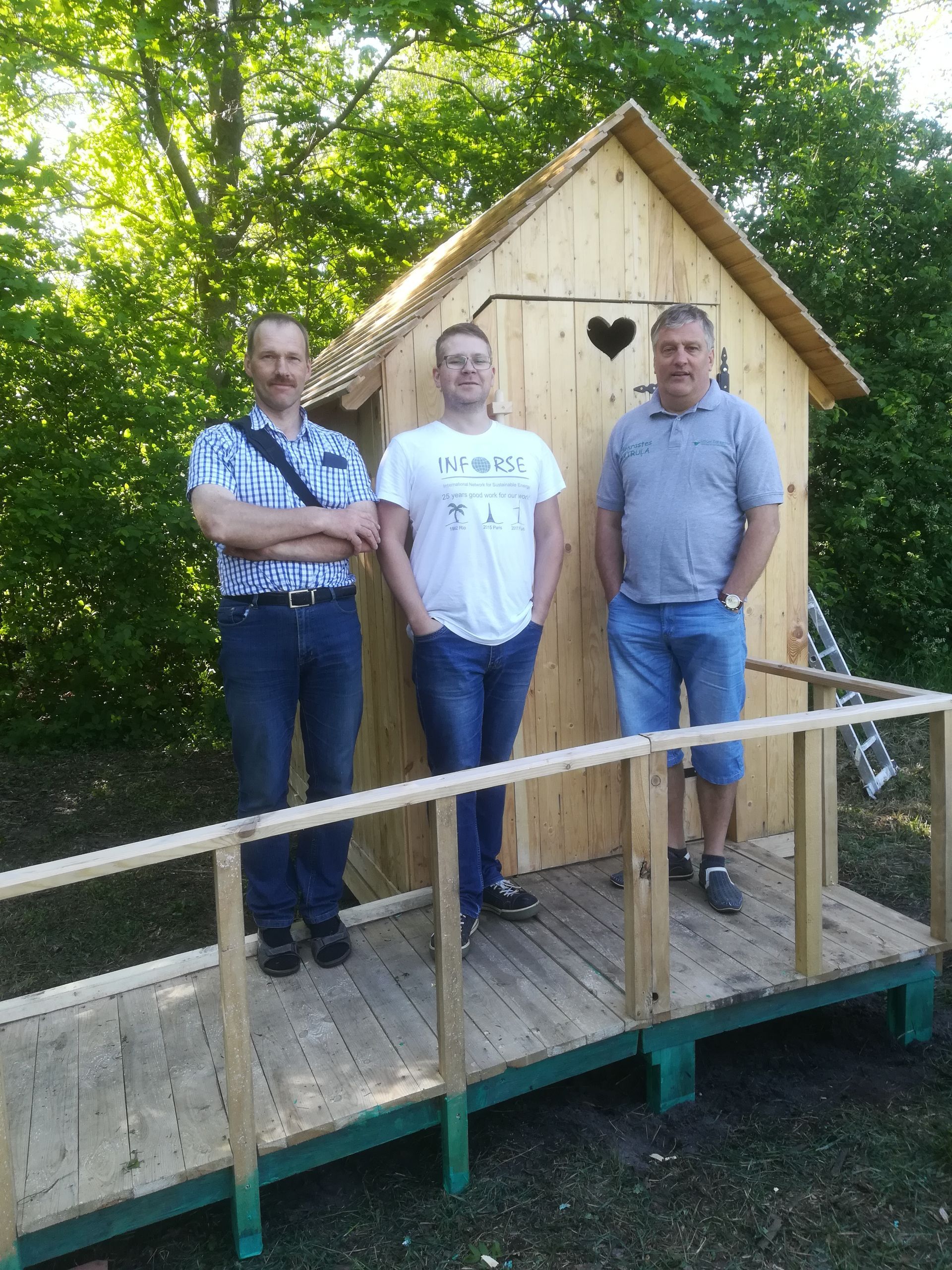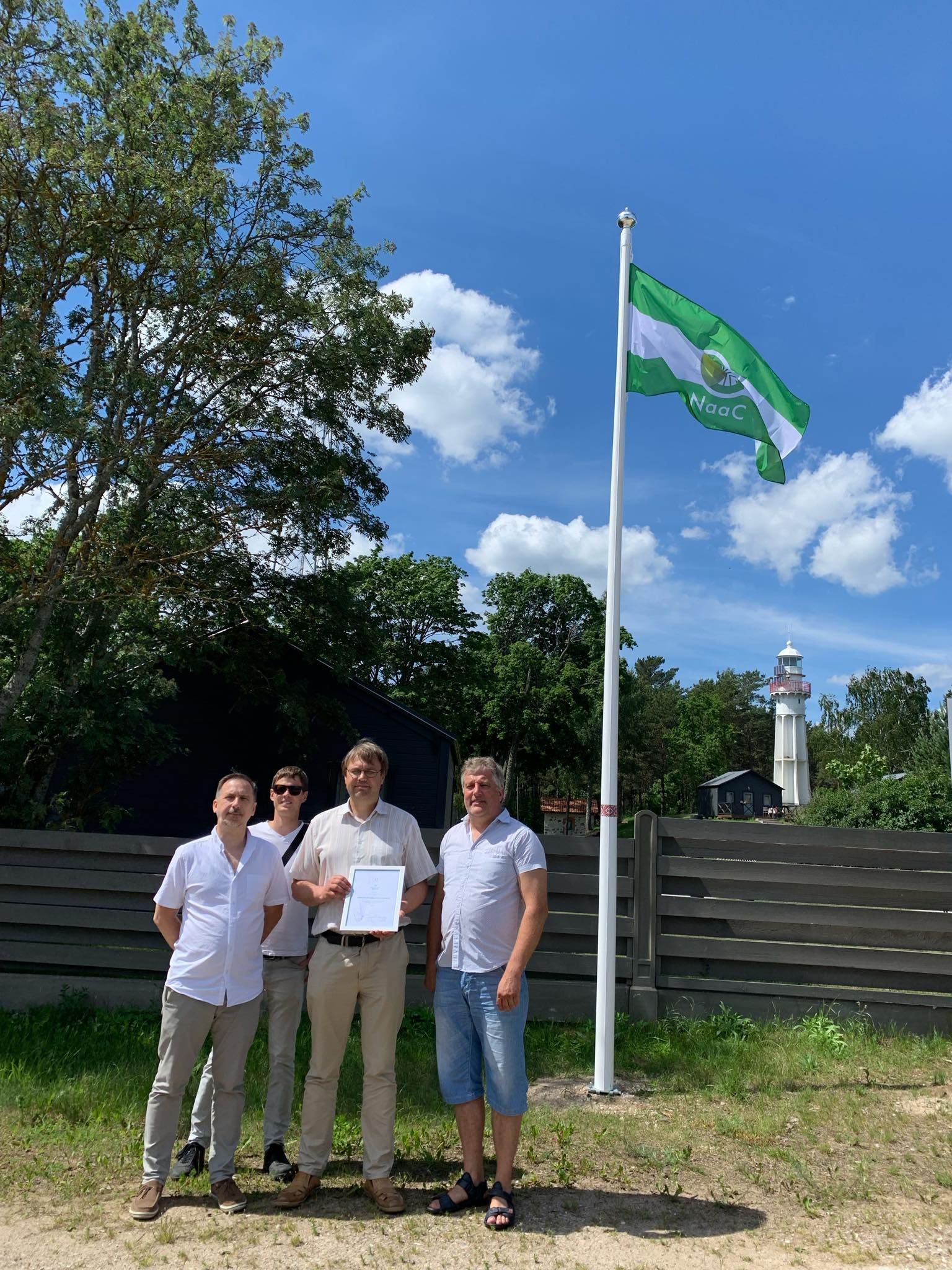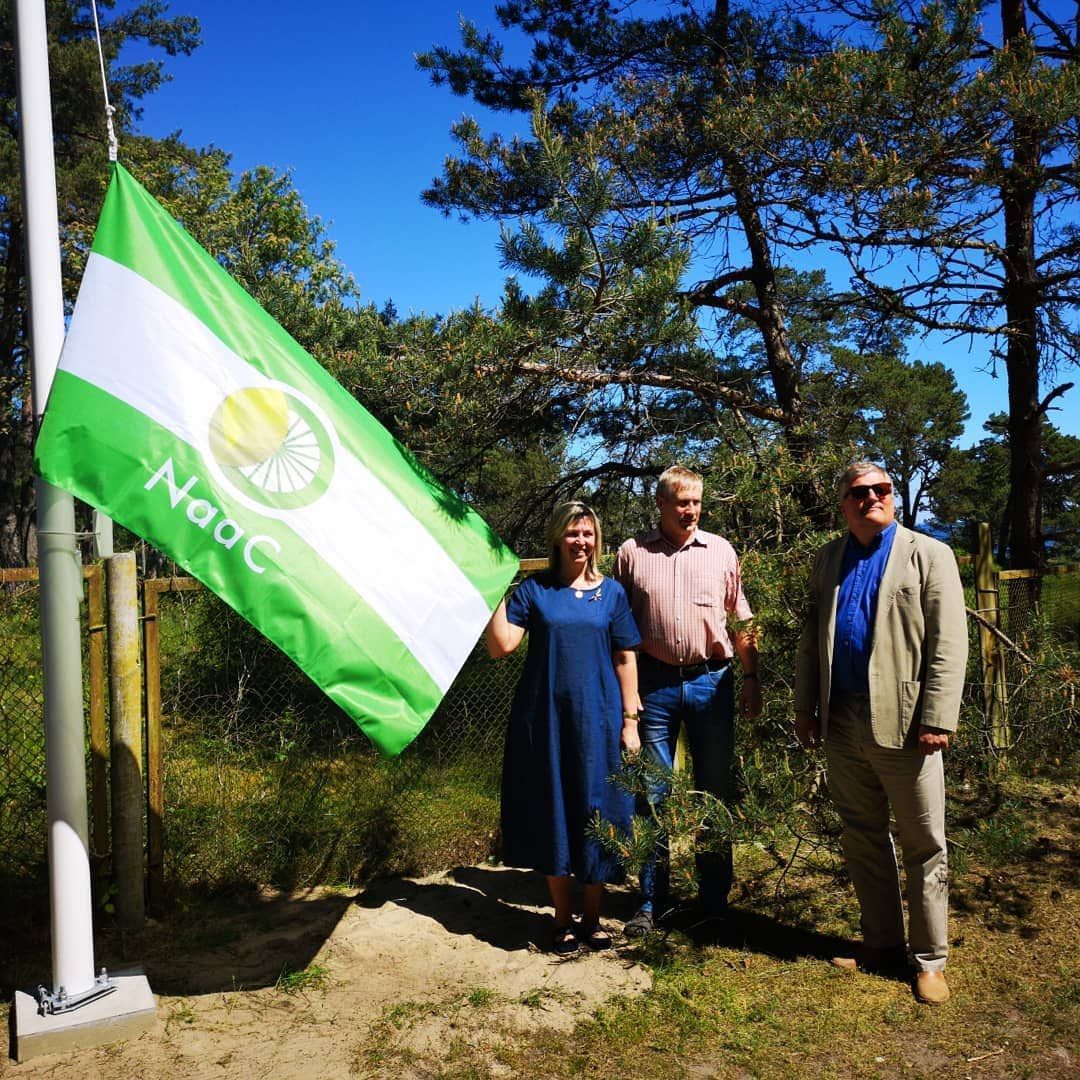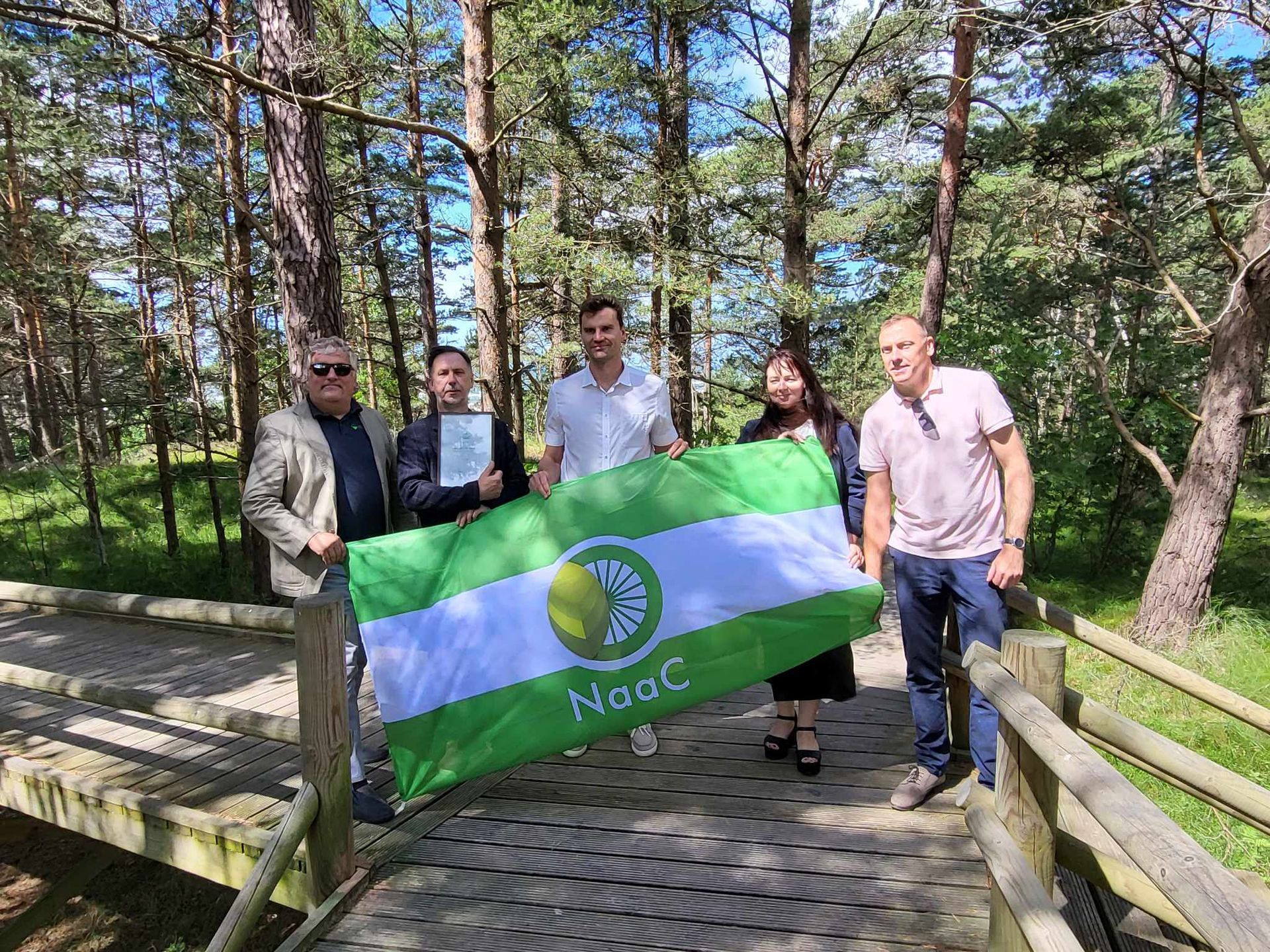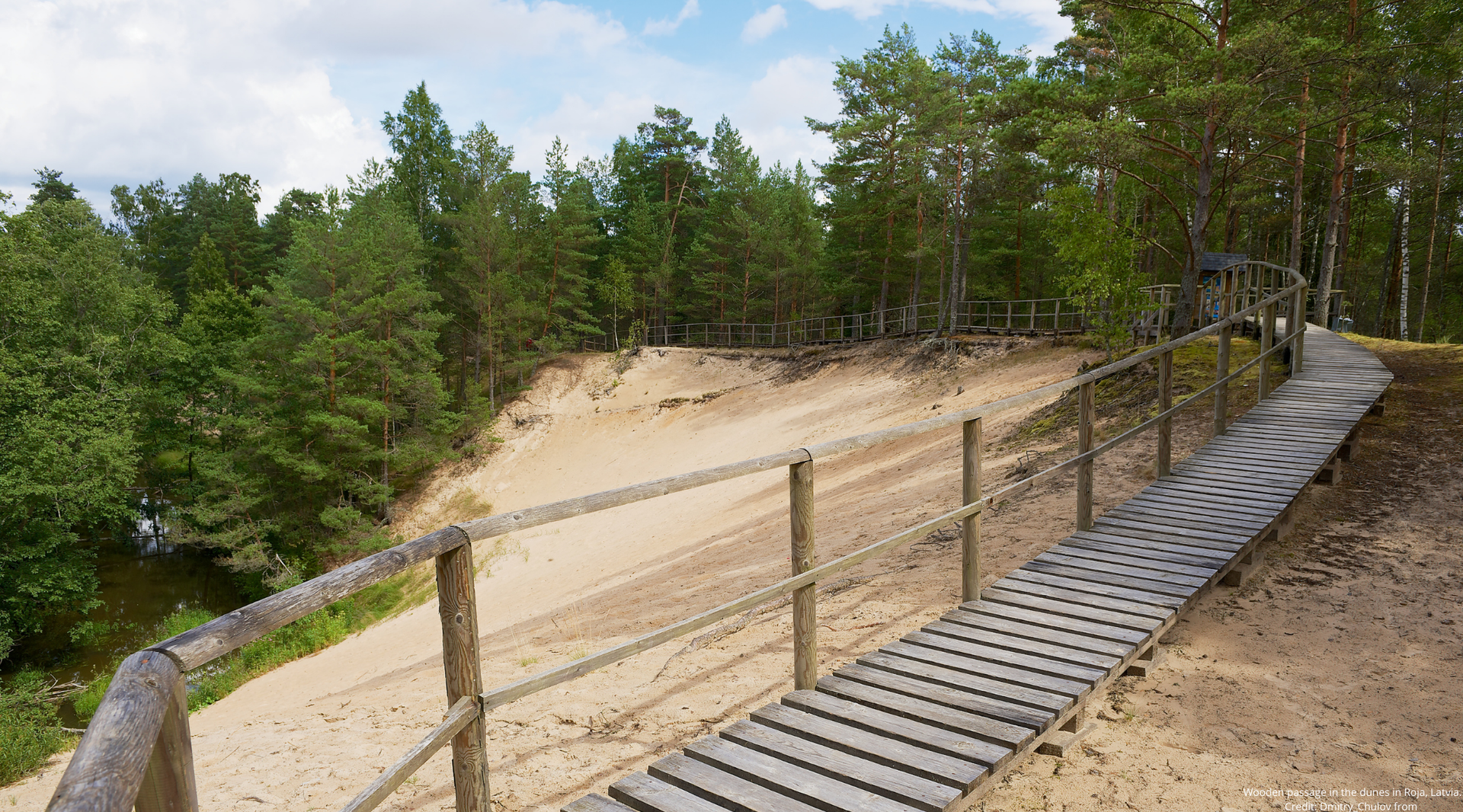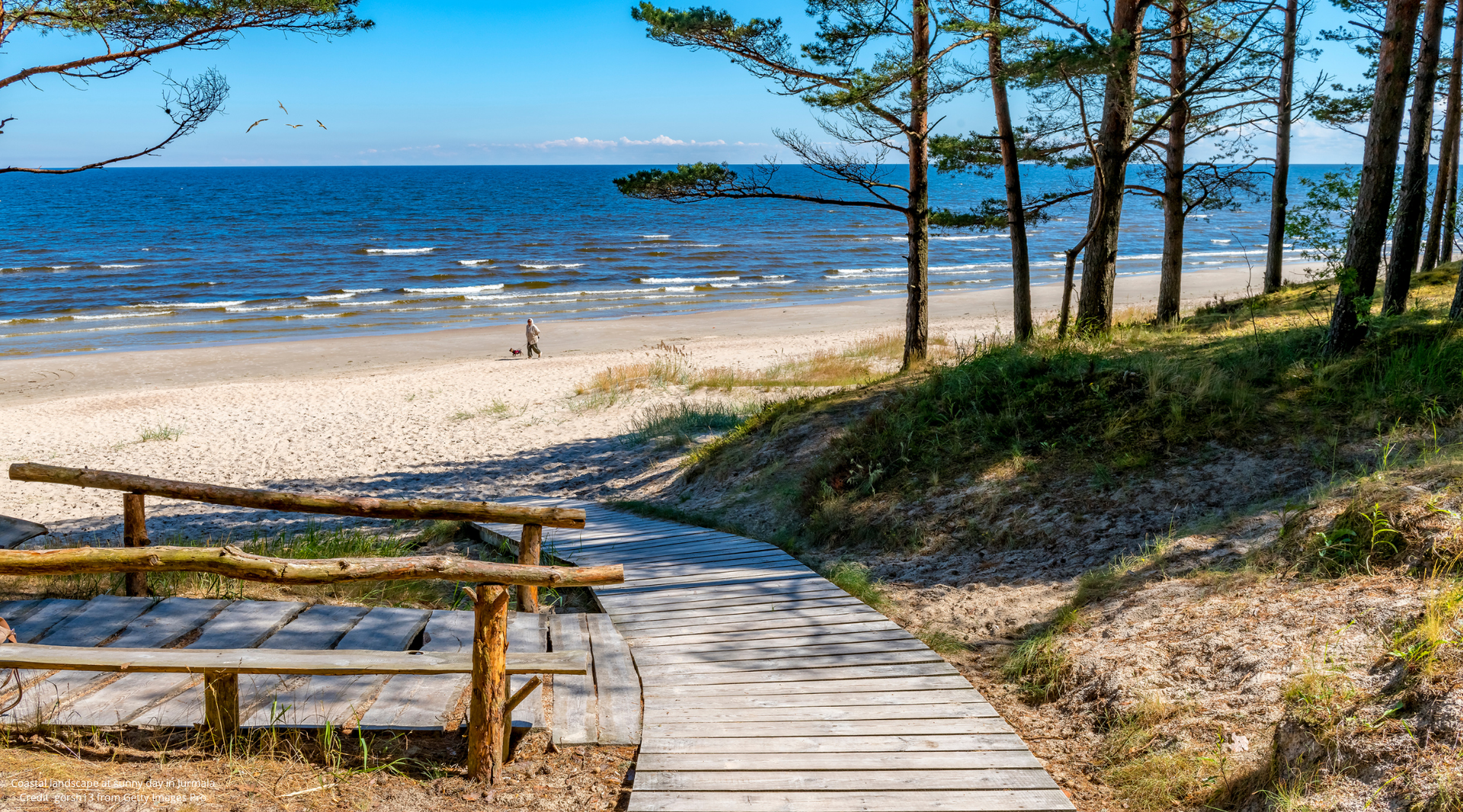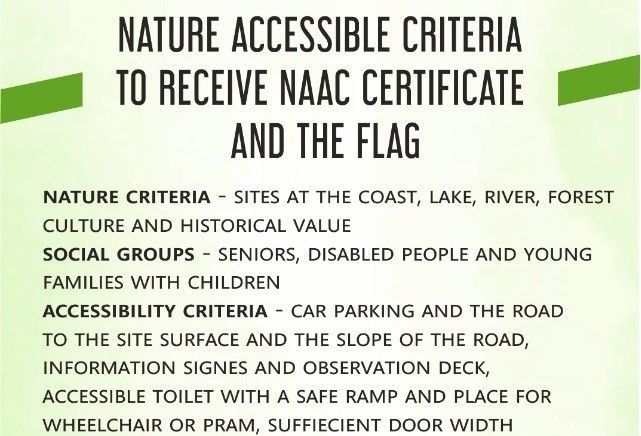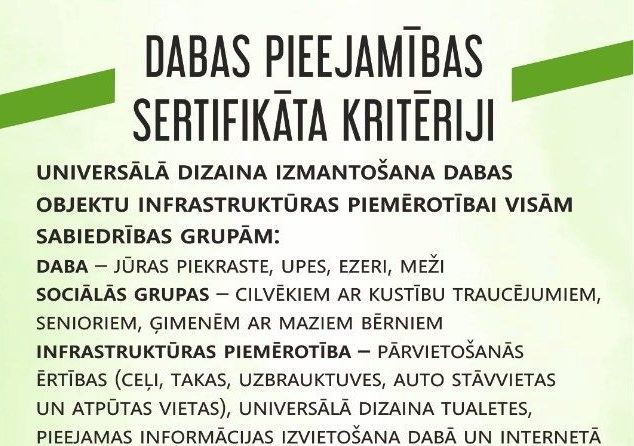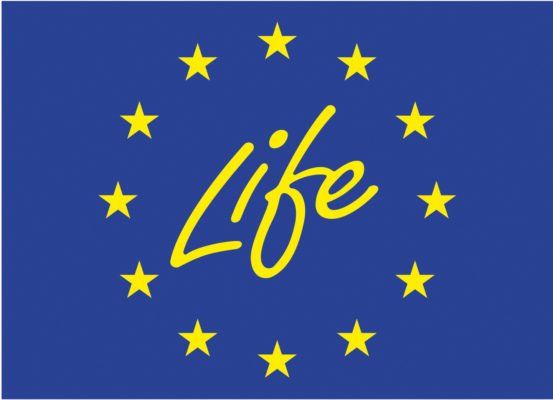Nature Accessible Certification
2018 - ongoing
The Nature accessibility certificate “Naac” (Nature Accessible) ensures accessibility to natural objects - around the Baltic Sea including the coast, lakes and rivers, observing all the principles of nature protection and promoting the economic growth of small entrepreneurs and municipalities.
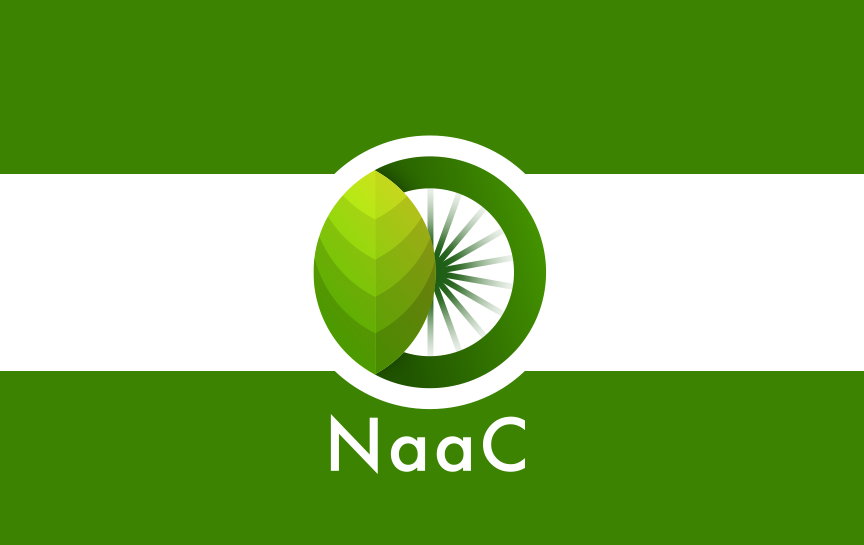
HISTORY OF THE PROJECT
Coalition Clean Baltic has started developing Nature Accessible Certification (NaaC) scheme since 2018, when the idea for it was presented by the Latvian Green Movement together with Association of disabled people and their friends Apeirons at the International conference on “Sustainable Development Goals: To Raise Public Awareness in Building Sustainable Communities Around the Baltic Sea” on 26-27 September 2017 in Jūrmala, Latvia.
The work on nature accessibility certificate “Naac” to ensure accessibility to natural objects - in the coastal areas of the Baltic Sea, observing all the principles of nature protection and also promoting the economic growth of small entrepreneurs and municipalities has continued. The main criteria for obtaining such a nature accessibility certificate are ensuring the accessibility of coastal natural objects, following the principles of universal design, starting from the car park and ending with the universal toilet.
